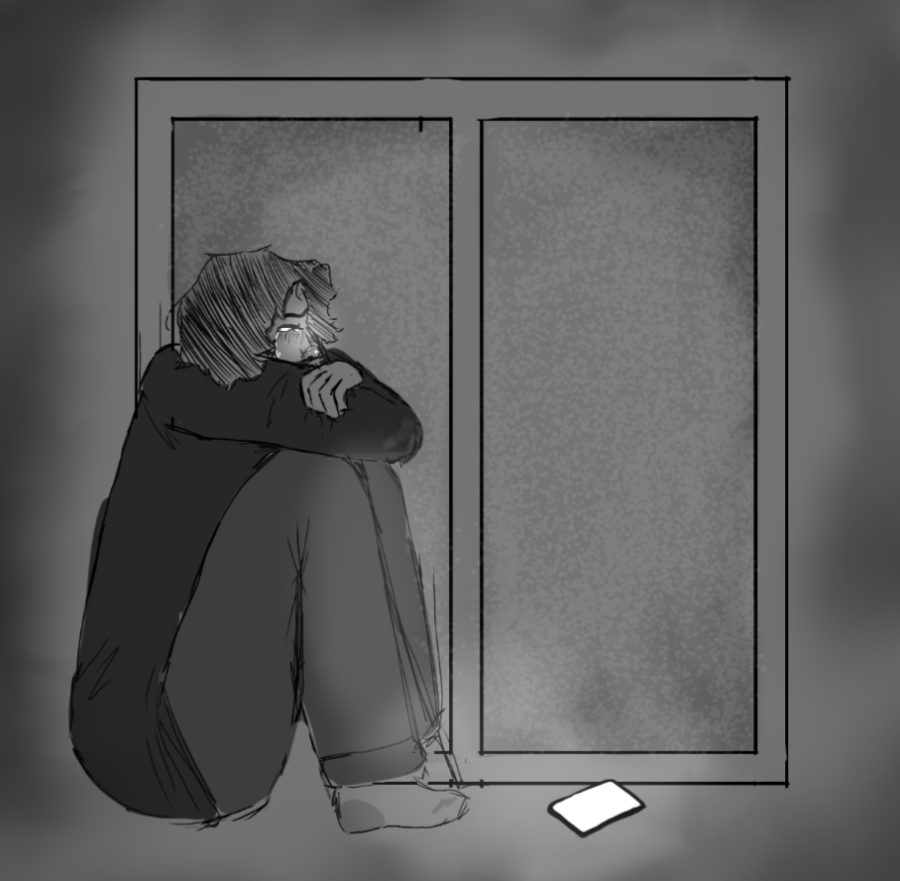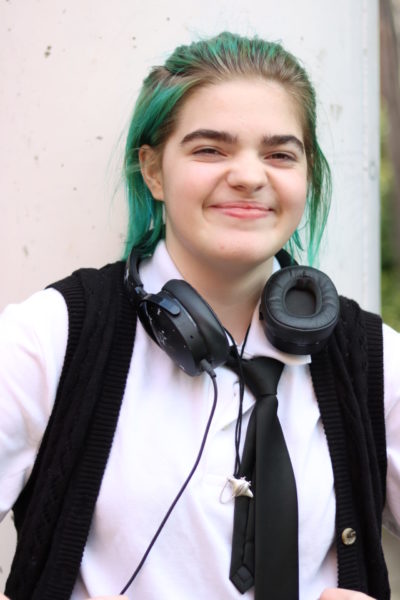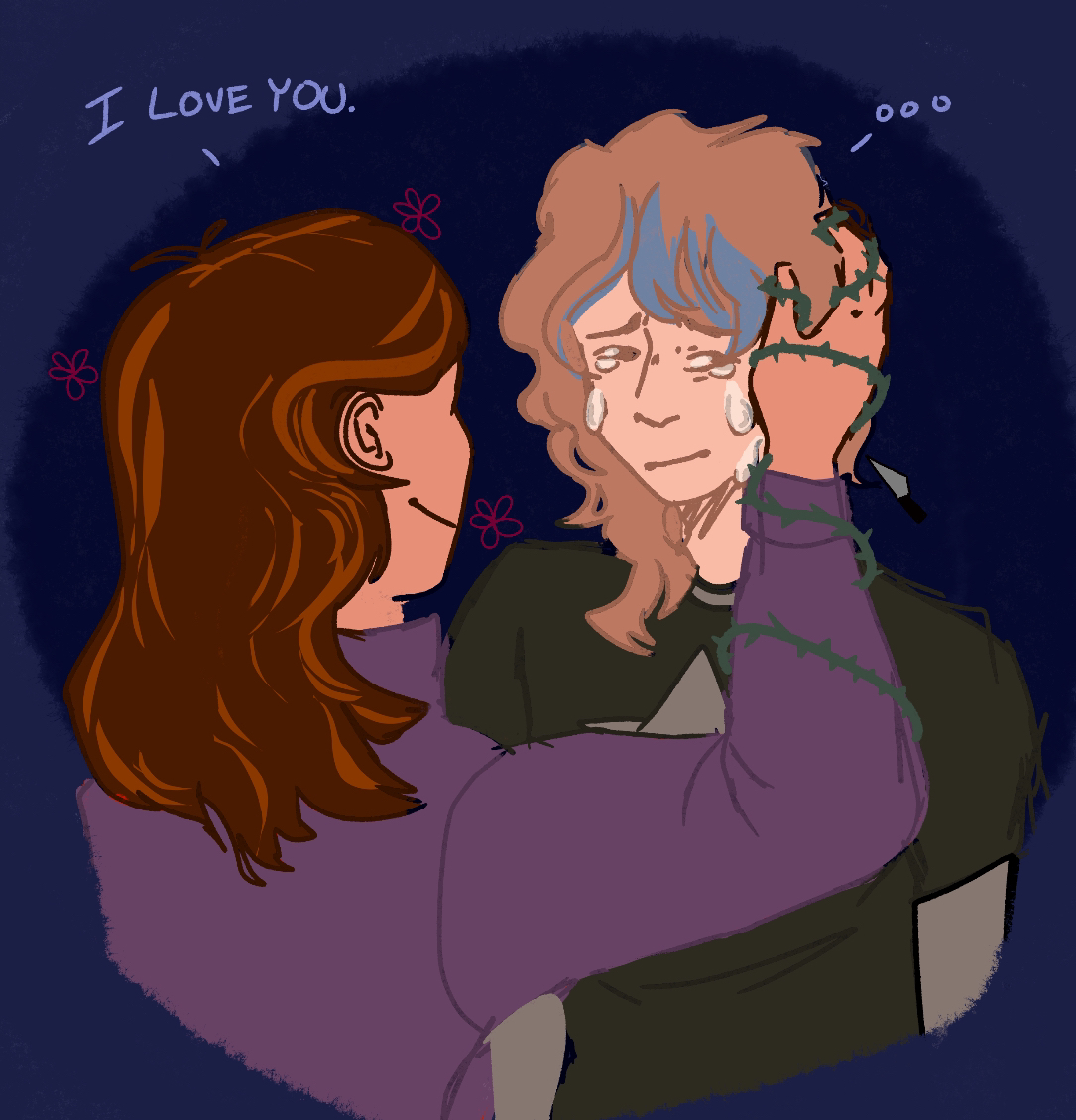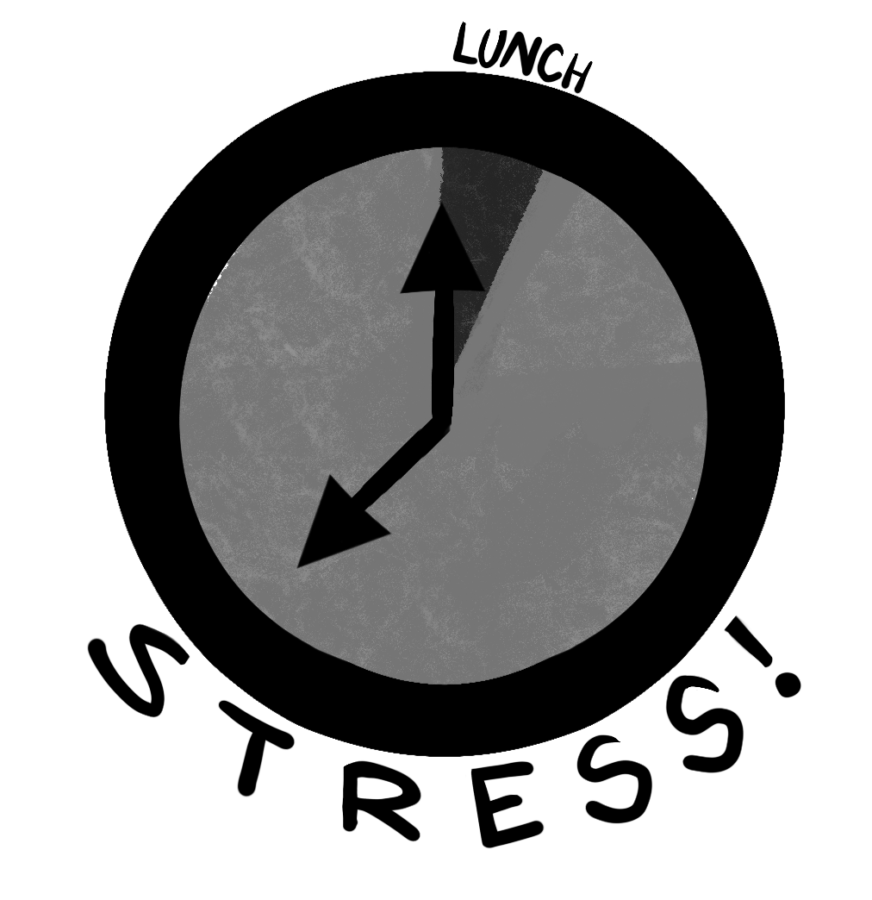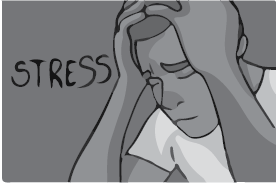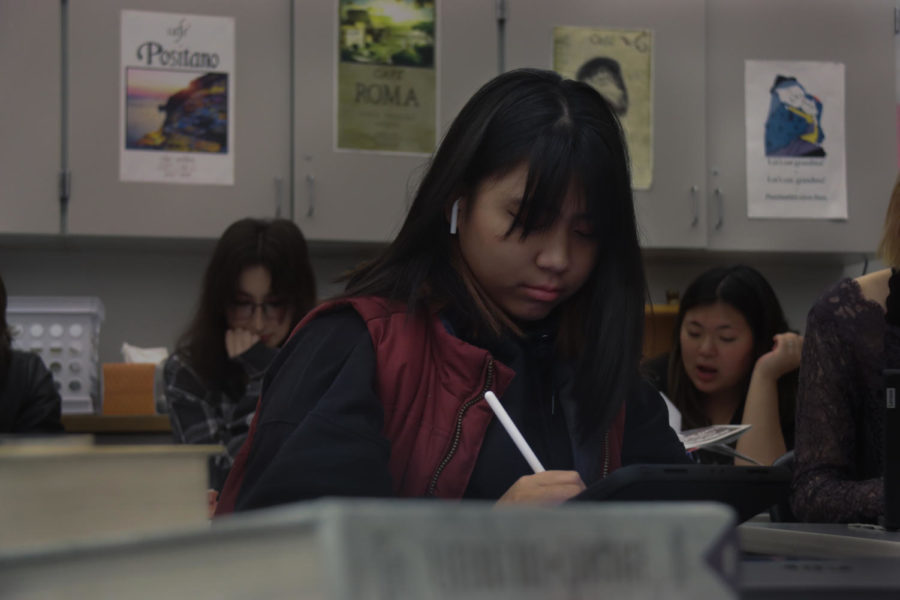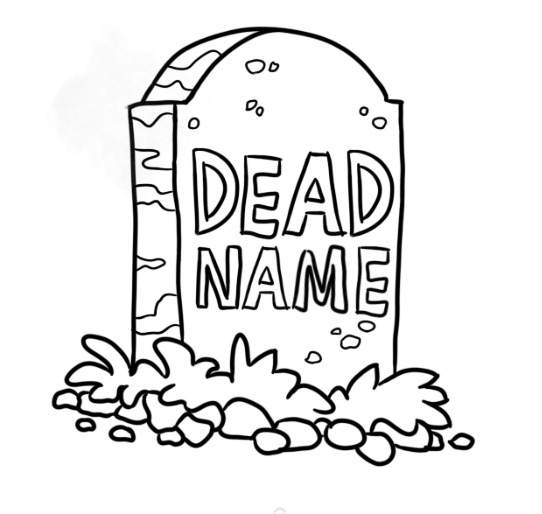Do you ever get that feeling? You come home from school in mid-winter or fall, it’s already dark and you feel like it’s hopeless to even do anything. That could be seasonal depression. Seasonal depression is a form of depression that usually lasts for two or three months, most often in winter or fall. It can be more severe than regular depression, and affects many aspects of everyday life. Low motivation during the colder months, feelings of hopelessness, heightened feelings of frustration over insignificant things; seasonal depression can creep up on you.
I used to think that seasonal depression was made up, or only very few people experienced it, but the truth is, seasonal depression is more common than most people think. According to MedlinePlus, seasonal depression affects 0.5%-3% of the general population and 10%-20% of people with major depressive disorder. Especially living in northwest Washington where we get around 164 days of partial or full sun, seasonal depression can hit you like a truck. Being in school doesn’t help either. Between finals, homework and being inside most of the day, it’s really easy to develop feelings of loneliness and depression.
As the mental health crisis is reaching an all time high in our generation, it’s important to look out for symptoms in either yourself or others around you. Seasonal depression, otherwise known as seasonal affective disorder (SAD) comes in a wide range of symptoms for those who suffer from it. Difficulty concentrating, feeling fatigued even when getting enough sleep, sleeping too much, having little to no energy, and feeling hopeless just to name a few.
While all of these symptoms overlap with major depressive disorder, their defining factor is an increase of these feelings during certain times in the year. As someone who has struggled with depression, I can feel a noticeable shift in how I feel, think, speak and interact with others during the fall and winter. Wake up, it’s dark. Go to school, it’s still dark. During the school day it gets a little lighter, but it’s still cloudy. School ends, and we only have maybe three hours of sunlight left, not to mention staying after school for clubs or sports.
Now that we know what seasonal depression is, and how it affects people it’s also important that we talk about how it especially affects students. It’s the same feeling as coming home from school, falling asleep, and waking up at 2 a.m. unable to sleep. That sinking, hopeless feeling as you realize you have nothing to do but just sit. The stigma surrounding mental health, especially for teenagers, causes us to push these feelings aside as just “winter blues” or just “being a teenager,” but this is a larger issue than we realize.
In my experience, when seasonal depression hits it can feel a lot different from my normal depression. I feel a tiredness that makes it feel like it’s impossible to do anything. I feel a kind of haziness, like nothing feels real, my days blend together and I get a general feeling of frustration, even if it’s about nothing in particular. It’s not the same for everyone, but from people I have spoken to about their own mental health, those three symptoms keep popping up.
Almost all the symptoms of seasonal depression interfere with school and learning. It can be hard to focus on anything at all, let alone schoolwork, especially when your depression hits that low point in early December to mid-January. Right now, it feels like we’re being hit with assignments left and right, with no time to stop and think. It can leave you feeling overwhelmed, anxious and frustrated, along with the already present feelings of depression.
As younger people, whether it be parental pressure, societal pressure or even your own internal feelings, it can feel really hard to talk about how you’re feeling. When you have three projects due this week and you’re running on a few hours of sleep, the last thing you’d want to do is talk about how you’re feeling. So, how do we help students struggling with mental health, especially in the winter months?
Understanding is a huge part of helping students. It’s important to understand that it will be harder for some in or out of school. If you see your friends, your students or your family struggling with mental health, it can be hard to know what to do, especially if you don’t want to make it worse.
Talk to them. Even if you just ask them how they’re doing, it can provide a safe environment for someone to open up. If they want to talk about it, great, now you know how they are feeling and maybe ways to help. But if they don’t, (as long as they’re not planning to hurt themselves or others) it’s important to give them space as well. Talking about mental health can be scary, especially when you don’t feel like you’re in a safe situation to do so, and pushing someone to talk can push them further away.
Whether it’s a close friend or a family member, everyone wants to feel like they have a close group of people who care about them. Just letting someone know you’re there for them can help them feel safe and able to talk if they want to.
If you’re struggling with your own mental health, it can feel like your problems aren’t as important as those around you. You feel like you have to help everyone before you can address your own issues, but truly, the best thing you can do for yourself and your friends is to take care of yourself. If you’re trying to help someone while you’re also struggling, it can pull you deeper into your depression, and often leads into an unhealthy state of mind. Talking to your friends and those close to you about mental health is important, and can help everyone involved, but there comes a point when it can feel like you have to “fix” everyone’s problems. So before you focus on those around you, make sure you’re okay too.
Because seasonal depression makes school and life incredibly difficult, it’s important to pace yourself, find and hold on to the things you enjoy, and hang on. Depressive episodes and seasonal depression can feel like they’ll never go away, but that’s not true. It may feel like you’re alone, and nobody can truly relate to how you feel, but I promise you, there are people out there who are experiencing the exact same thing, and people who have gotten past it. My depression used to be a lot worse than it is now and I never thought it would get any better, but through talking about it to my friends and finding a support system and ways to help myself, it has. It will for you too, but until then, hold on, talk to those you feel safe around, and as cliche as it sounds, it will get better.
During the winter holidays, remember to take it slow, give yourself time and to not isolate yourself.
Stay safe out there.
Suicide and Mental Health Hotlines:
Text HOME to 741741 to text to a real counselor instantly.
Dial 988 for the nation-wide suicide and crisis hotline.








